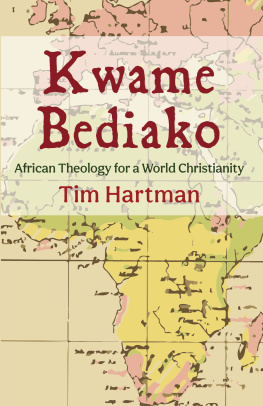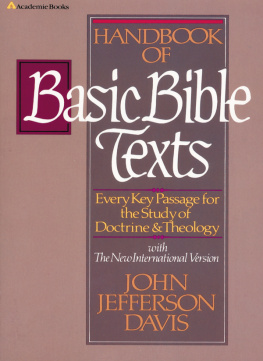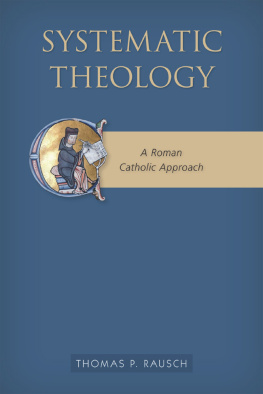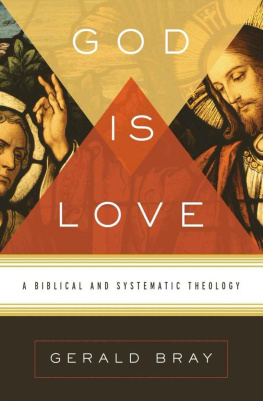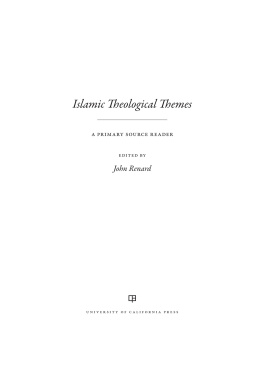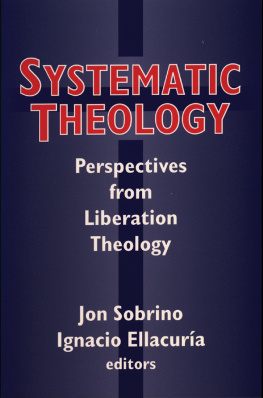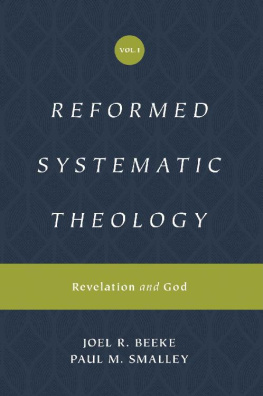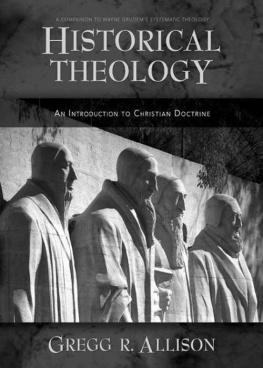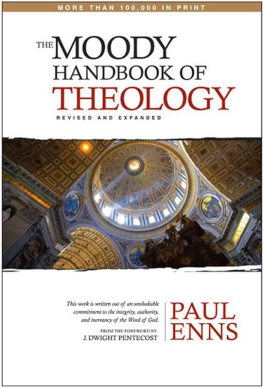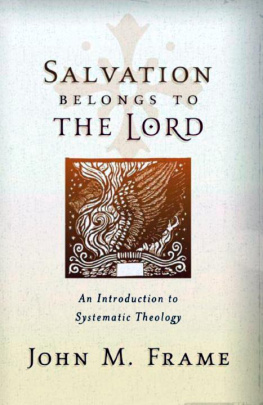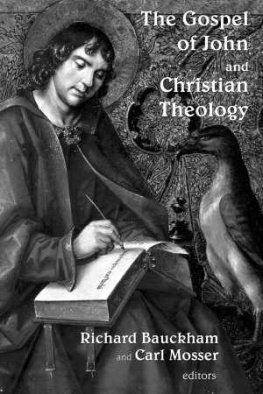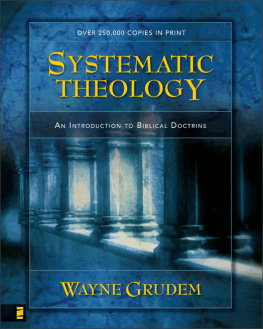Dictionary articles: Z
Zion (sometimes written Sion) is synonymous with Jerusalem in both OT and NT, but in post-biblical writing is often interpreted *eschatologically. Its theological importance depends less on geography and more on history. Today in Jerusalem, Mount Zion denotes the hilltop at the south-west corner of the Old City and is the site of the institution of the Eucharist at the Last Supper and the founding of the church at Pentecost, as well as the traditional tomb of King David.
Christianity (and Judaism) proclaim and claim Zion as the city of God and of the great king, and the setting and symbol of salvation in the end of days. Its meaning was extended from a designation for a specific site and a name for a city to an allusion to the entire land of Israel, a symbol of the historic fate of the people of Israel, and finally to a vision of universal redemption. Zions multiple layers of meaning and its power to evoke a radically new era of reality are reflected in the use of the term by groups as diverse as Anabaptists who founded their Kingdom of New Zion in Mnster in 1534, numerous churches (especially African and Protestant) who incorporate the word Zion in their name, the Church of the Latter-Day Saints (often called Mormons) for whom America is the land of Zion where the new Jerusalem will be established, and the founders of modern *Zionism such as Theodor Herzl.
Zion: the church
Thomas Aquinass liturgical hymn Lauda Sion (Praise Sion) composed for the Mass of Corpus Christi demonstrates that whilst the great king is Christ, Zion is mater ecclesia , the *church or body of Christ, the city of God on earth. As the place where the first church the church of Jerusalem was founded, it is the earthly mother of all churches. Zion is sometimes equated with *Mary, the virgin daughter of Zion who became the holy mother who enabled the incarnation. The Church Fathers and consequent theologians have applied the biblical praises and promises for the daughters of Zion to Christians and Christianity.
The earthly Zion, Jerusalem, is often viewed with ambiguity. A strand of tradition denies it much importance, as, for example, in the story of Jesus encounter with the Samaritan woman (John 4:142), or in Stephens speech (Acts 7:153) before he was stoned. However, the notion of the incarnation bestows sacramental significance on tangible places, such as Zion, which are connected with Jesus life, death, resurrection and ascension. Thus, the Emperor Constantine transformed Zion by major developments, including the building of the Church of the Holy Sepulchre and encouraging pilgrims to visit the holy city. Understood as sacred because it is the place where divinity and humanity encountered one another, pilgrims carried back relics to churches everywhere, thus constantly nourishing the bond with Zion. Henceforth, Christians made pilgrimages to The Holy Land: to sites linked to the life and ministry of Jesus, particularly in Jerusalem, Bethlehem and Galilee.
Paul displays special regard for the Jerusalem church as an important link between the Gentile church and Jewish Christianity but ultimately for Paul the true home of all Christians is not the present Jerusalem but the Jerusalem on high (Gal. 4:2127). Jerusalem was increasingly spiritualized and transformed into a non-geographical eschatological heavenly Jerusalem, identified with the true earthly manifestation of the city of God, the church. Thus every place where the Christian community gathers as the body of Christ becomes Zion.
In Christian theology today there is divergence of opinion about the significance of Zion as land. Walter Brueggemann argues that the subject of land should become more central, and developed a theology of land. His view is in contrast to an earlier generation of scholars, such as W. D. Davies, who suggested that land was relatively unimportant and that Jesus paid little attention to the relationship between God, Israel and the land. Davies called this Christian de-emphasis on geographical specificity disenlandisement, pointing out that of the forty-seven references to Israel in the NT only three refer specifically to the land, while the overwhelming majority pertain to the Jewish people.
For contemporary Palestinian Christians, a theology of *liberation has developed out of a close association with land, although it is also influenced by a replacement theology, which has arisen from the experiences of Palestinian Christians living in Israel since 1948. Naim Ateek argues that before the creation of the state, the OT was considered an essential part of Christian Scripture, pointing and witnessing to Jesus, but since the creation of the state, some Jewish and Christian interpreters have read the OT largely as a Zionist text to such an extent that it has become almost repugnant to Palestinian Christians. In contrast, some evangelical Christians have proposed that the Jewish return to Zion from dispersion in over one hundred countries is the fulfilment of biblical prophecy. There are many manifestations of this position, particularly among the evangelical and charismatic sections of the church, and adherents are often called Christian Zionists (see *Dispensational theology). While it may appear to be a fairly clear-cut and unified theology, there are many subdivisions. Contemporary Roman Catholic theology is also ambivalent, but has been deeply influenced by Nostra Aetate in 1965 at the Second Vatican Council (and consequent papal documents on Catholic-Jewish relations in 1975, 1985, 1998 and 2001), the exchange of ambassadors in 1993 between the state of Israel and the Holy See and Pope John Paul IIs pilgrimage to Israel in 2000.
Zion: the Jewish return
The centrality of Zion for Jews points to the common patrimony of *Judaism and Christianity, but this interrelatedness betrays rivalry conflicts. Ultimately, the dispute over the meaning of Zion as the city of God reflects rival claims to be the true Israel, or people of God.
Three thousand years ago, King David made Jerusalem the religious and national nucleus of the people of Israel so that Zion came to mean a city, a land and a people, whose historical existence is intimately linked with the metropolis, as a child is nurtured by its mother (cf. Isa. 66:1013). Even when Titus destroyed the temple in ad 70 and Jews lost sovereignty over the sacred city, Jerusalem continued to serve as the pre-eminent symbol of a covenantal bond with the land of Israel. Fervent hope for a future ingathering of the exiles in a restored Jerusalem and the longing for Zion found expression in Jewish religious and communal life. Zionism took its name from the city.
Jews looked towards religious and political renewal in Zion (including, for Orthodox Jews, the restoration of the temple), and an idealized kingdom of David. Redemption was inconceivable without a return to Zion, as the spiritual centre of Jewish existence. Jewish liturgy remains permeated with a longing for Zion, which symbolizes the Jewish peoples eschatological aspirations. The will to survive in the Diaspora generated Jewish messianic hopes of redemption, and Zion became a symbol of redress for all the wrongs which Jews had suffered. Thus, modern Zionism is in part the fusion of messianic fervour and the longing for Zion. Christian supporters in the early twentieth century, such as William Balfour and Lloyd George, saw Zionism as fulfilment of an historical mission. In the aftermath of the *Holocaust, Zionism has become a pre-eminent part of Jewish theology and identity, even though Jews continue to argue passionately over its desired future course.
Bibliography
B. F. Batto and K. L. Roberts, David and Zion (Warsaw, 2004); P. W. L. Walker, Jerusalem Past and Present in the Purposes of God (Cambridge, 1992).
E. K essler


